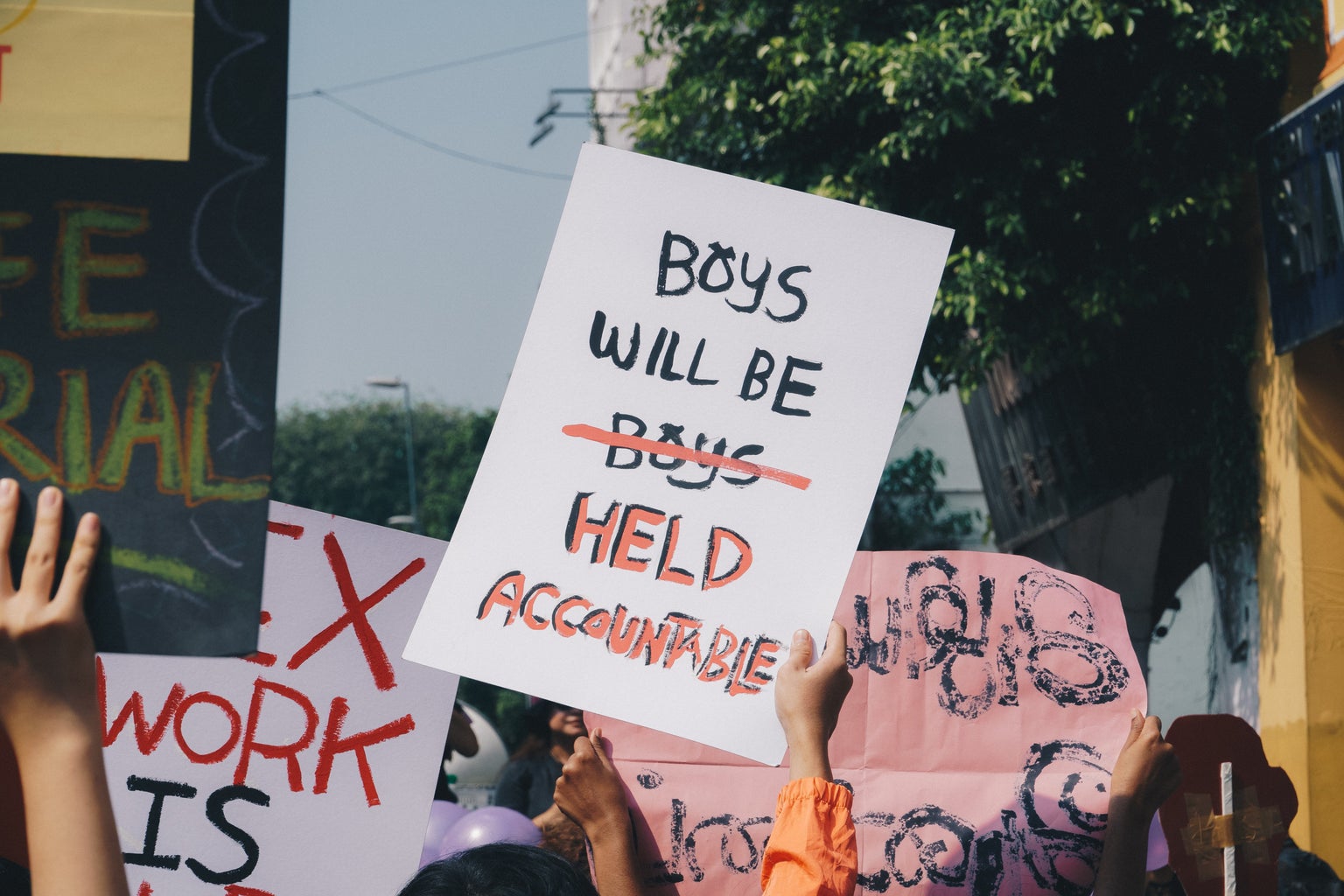TW: Mentions of Rape and Sexual Assault
The month of April is observed as Sexual Assault Awareness Month (SAAM). During this period, many dedicate their time to raising awareness about sexual violence as well as educating the public on what constitutes sexual assault. The purpose of this month is to encourage victims of sexual assault to speak about their experiences and foster a space that reminds them that they are not alone in their journey. Various events, campaigns, and initiatives are held during SAAM, which aim to shed light on the prevalence of sexual assault as well as provide support to survivors and foster a culture of consent and respect.
The Importance of Sexual Assault Awareness Month
SAAM is crucial in prioritising discussions around the issue of sexual assault in order to educate people on sexual assault and its various forms, in turn enabling people to recognise and possibly prevent it from happening to others. The need for SAAM can be seen in South Africa’s sexual violence statistics. For reference, in South Africa, between October and December 2023, 12211 rape cases and 2114 sexual assault cases were reported, with 4264 arrests made in relation to crimes of sexual violence such as rape and sexual assault. SAAM, therefore, serves as a crucial platform, making strides towards addressing the pervasive issue of sexual violence, which affects individuals of all ages, genders, and backgrounds by challenging the societal attitudes and misconceptions surrounding sexual assault. By engaging in open dialogue, providing comprehensive education and dispelling myths, communities can work towards creating safer environments where survivors are supported, believed, and empowered to seek justice and healing. SAAM plays a vital role in advocating for changes in communities and in government policies that tend to marginalise survivors.
Denim Day: Its origin and importance
Denim Day, observed on the last Wednesday of every April, holds significant symbolic and historical importance. The day originated from a case in Italy in 1998, where a girl was assaulted by her driving instructor, who was released a year later due to the court overturning their ruling on the basis of victim-blaming of the girl: the judge deemed the survivor’s jeans as too tight to have been removed without her consent.
In a show of solidarity, people worldwide began wearing denim on Denim Day to show support for survivors and in protest against victim blaming. By wearing denim jeans, people are sending a message that challenges the harmful notion that clothing choices or behaviour justify sexual violence. Denim Day reaffirms the importance of consent, bodily autonomy and the unequivocal right to live free from violence and harassment. Beyond symbolism, Denim Day facilitates necessary conversations regarding consent, boundaries, and the dynamics of power and control in relationships. Denim Day also encourages communities to reflect on their attitudes towards survivors of sexual assault.
Participating in Denim Day goes beyond just wearing jeans; it is a visible expression of solidarity and activism in support of survivors aiming to create a safer and more accepting world for survivors to freely share their testimonies without shame or blame. By amplifying the voices of survivors, challenging harmful stereotypes and advocating for systemic change, Denim Day contributes to the larger movement to put an end to sexual violence and promote healing and justice.



